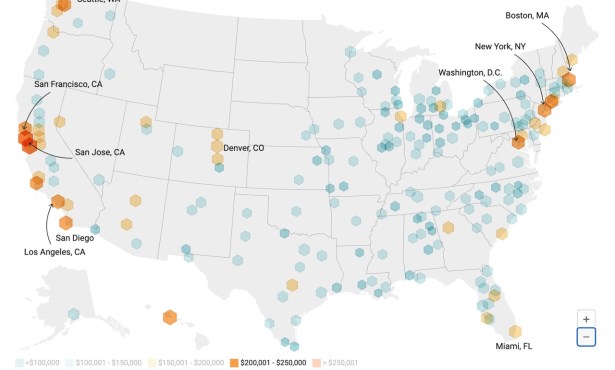Governor Signs Loads of Jackson and Williams Bills
State Senator and Assemblymember Count 23 New Laws Between Them

State Senator Hannah-Beth Jackson and Assemblymember Das Williams — political allies and personal friends — were distant on more than one issue this year. For instance, Williams agitated area Democrats when he abstained from the mandatory-vaccine vote, a bill Jackson coauthored. Likewise, Williams’s opposition to the so-called right-to-die bill put him at odds with some strong supporters. On Williams’s Isla Vista self-governance bill, Jackson was conspicuously silent until the bill made it to the Senate floor, where she ultimately cast a yes vote.
Yet the Santa Barbara legislators teamed up following the Refugio Oil Spill and coauthored legislation in response. One bill requires the State Fire Marshal to inspect all interstate pipelines every year. Another, the Rapid Oil Spill Response Act, allows commercial fishing vessels to respond to an oil spill and requires quick notification to the Legislature if dispersants are used. Williams also authored a bill that requires oil pipelines near environmentally sensitive areas to have “the best available technology,” including automatic shutoffs. The governor signed all three. Altogether, Brown signed nine of William’s bills and 14 of Jackson’s, and he vetoed three each.
Fair Pay: Attracting national attention this year was Jackson’s Fair Pay Act, which strengthens existing equal-pay laws in California — home to 12 percent of the country’s women. The law prohibits employers from paying a woman less than a man for “substantially similar” work under similar working conditions unless seniority, merit, education, or training is a factor. “The real goal here is to get businesses to just reevaluate their pay schedules,” Jackson said. “I believe most employers do not intentionally discriminate on the basis of gender, but there have been such subconscious biases.”
The bill, supported by many Republicans and the California Chamber of Commerce, allows the filing of an administrative complaint through the Division of Labor Standards Enforcement or legal action. In Santa Barbara, the state agency office is staffed with eight people to cover Santa Barbara, San Luis Obispo, and Ventura, which attorney Bruce Anticouni believes is woefully understaffed. “Things that traditionally years ago would take a matter of a few months now take six to eight months,” the employment-law attorney said. Jackson said her offices have been told the agency has the resources to handle more cases. “We’ll see how many there are,” she said.
Anticouni, who represents both employees and employers, said he is already getting calls from employers to audit their staff positions to determine similar duties when the bill becomes law on January 1, 2016. Larger firms, such as tech companies, might be more susceptible to class-action lawsuits while smaller employers could make the case each person does different types of work, he added.
Supporters say the bill strengthens strictly written equal-pay laws — beneficial given the abundance of skills and professions in today’s world. Employment attorney Janean Acevedo Daniels called the bill significant because it will shift the burden of proof from employees to employers. Employees fear complaining about working conditions out of worry they’ll lose their job, she said. Brown also signed Jackson’s bill to update child-care laws and prohibit an employer with 25 or more employees from discriminating against a parent or guardian with a child in day care or grade school for taking off up to 40 hours each year for school activities.
In a big loss for all employees, Anticouni said, the governor vetoed AB 465, which would have made it illegal for an employer to require employees to sign a waiver of rights as a condition of employment and would have prohibited employers from retaliating or discriminating against people who refused. Opponents argued the bill would conflict with federal law and that arbitration resolves employment disputes without overburdening the judicial system.
Kibosh on Kardashian-Sized Weddings: Among the 133 bills Brown vetoed this year was one provoked by Kim Kardashian’s massive Montecito wedding in 2011. The more than 300 guests caused hours of congested traffic and neighborhood complaints, but the homeowner was fined $100. Williams’s AB 514 sought to allow counties to impose a fine more than three times the permit or up to $5,000. County Planning & Development Director Glenn Russell traveled to Sacramento to support the bill, saying the current state fines fail to deter “scofflaws.” Brown contended the bill lacked “the balance needed to prevent unintended consequences, especially on those with modest means and those who are unfamiliar with their local ordinances.” Brown also vetoed Jackson’s bill making drones less than 350 feet above a persons’ property illegal without his or her permission.


